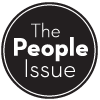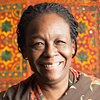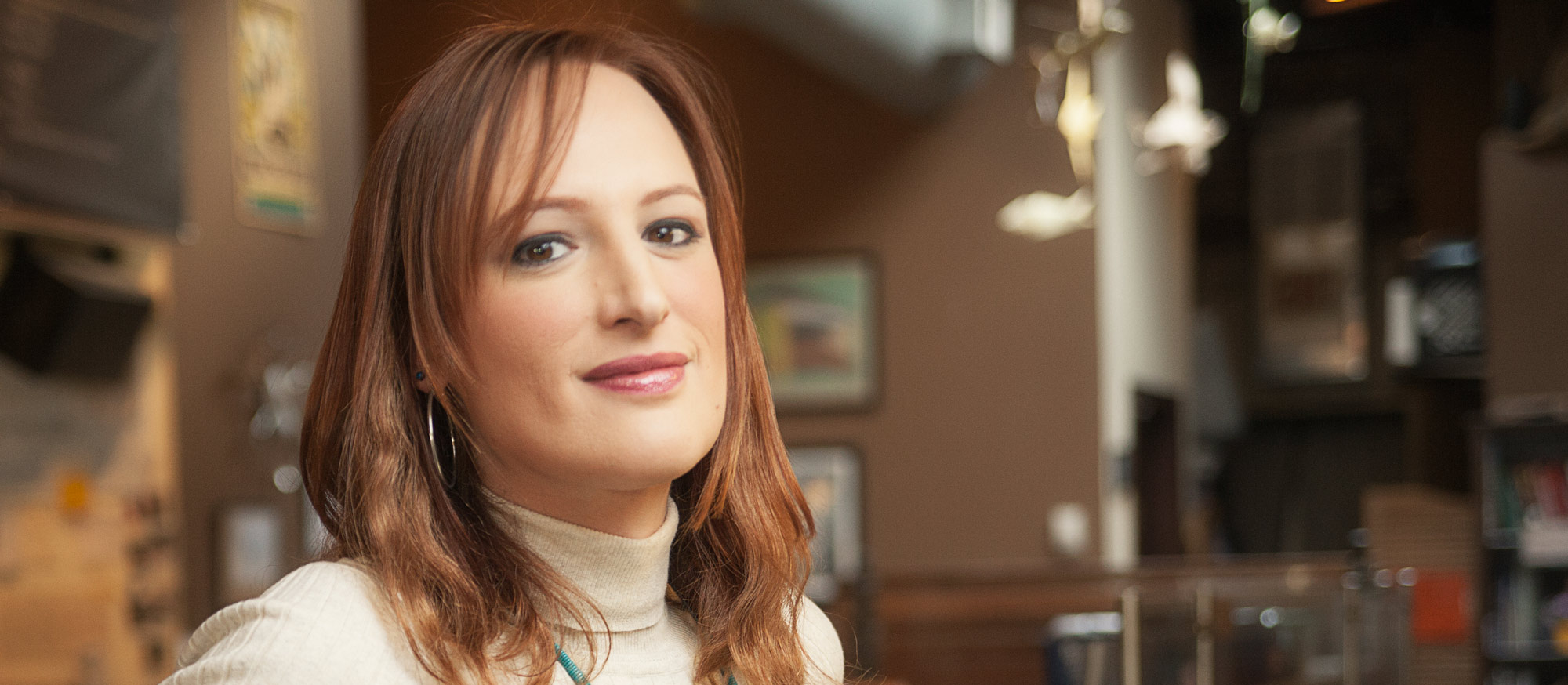

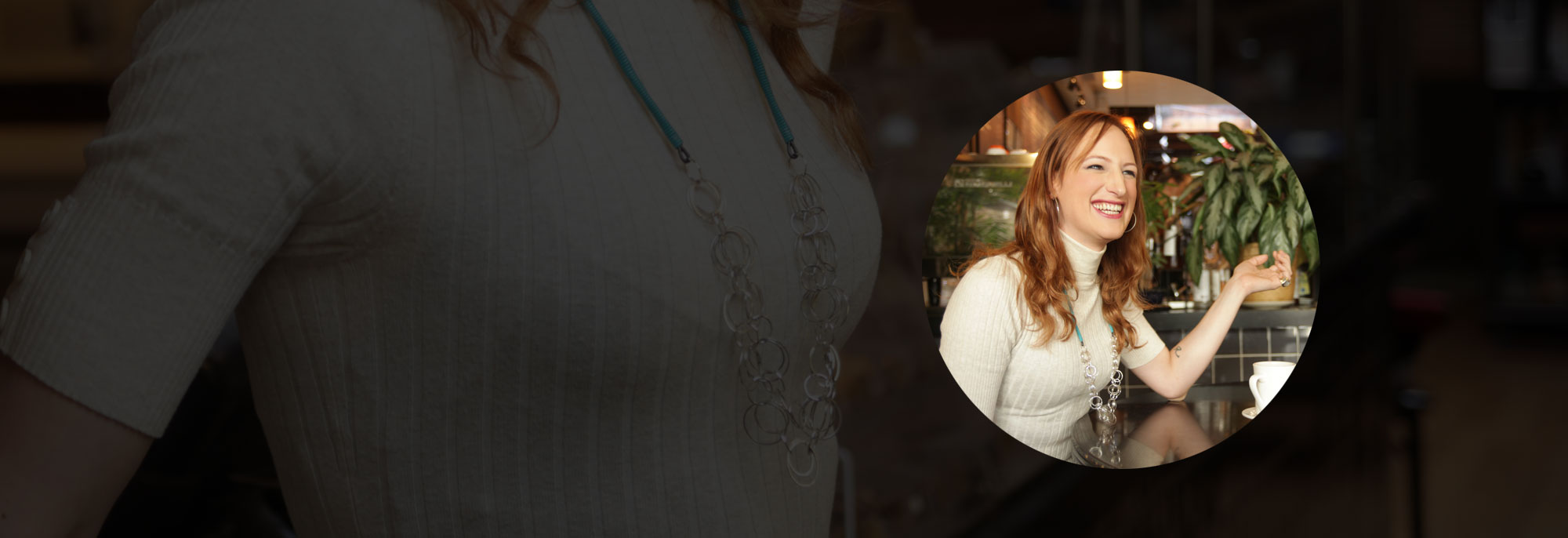
Jen Richards, 37, helped build Chicago's reputation as a center for contemporary classical music as managing director of Eighth Blackbird and president of New Music Chicago. She's now working full-time to change public perceptions of transgender people.
Interview by Deanna Isaacs
Photographs by John Sturdy
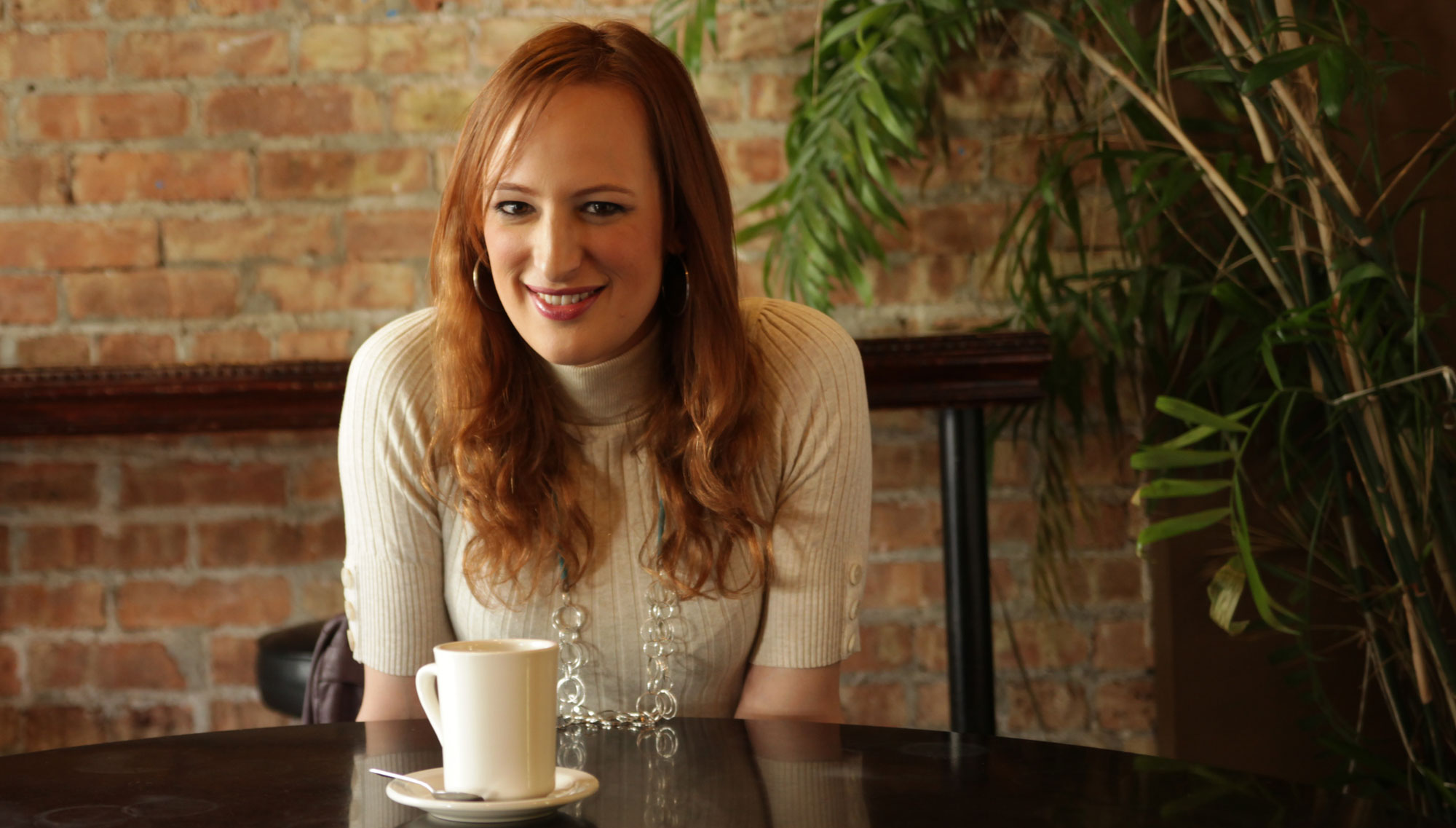
When I first came out as trans about two years ago, I started networking with other trans people and learning about the issues the community was facing. I found that my skills were very much in need, in terms of organizing, in terms of providing platforms for other people to tell their stories.
The stakes were so much higher in that world. I saw friends getting fired, getting kicked out of their homes, being harassed on the street. The very first event I went to after I came out was a memorial service for a 23-year-old woman who was found in an alleyway with a bullet to the head.
So many issues collide around trans people and trans bodies: racism, classism, sexism, misogyny, homophobia. I started to put more and more energy into waging those battles.
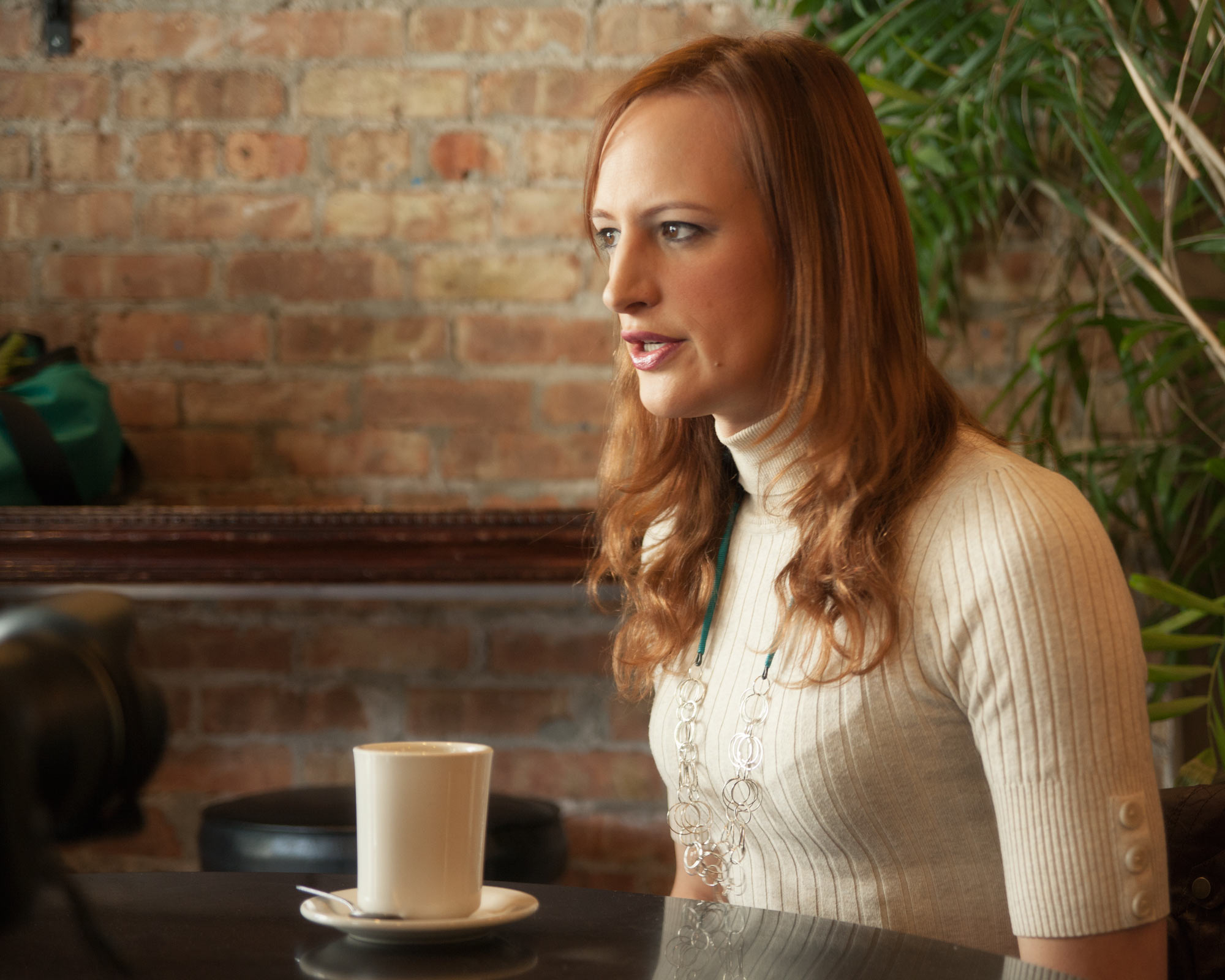
The trans umbrella includes any form of gender variance, but there are subtle distinctions between transgender, transsexual, genderqueer, cross-dressing, transvestitism. A lot of the community, once they get to the point where people assume they’re the gender they’re presenting as, basically disappear. You no longer see them. Chicago has a particularly vital community; I work with a little over a hundred out, visible trans people who are engaged in some form of activism.
I launched several websites. The first was “We Happy Trans,” a couple years ago, which provides a platform for trans people to tell their own stories, but particularly ones that focus on the positive aspects of the trans experience. I also created a website for people to share stories about dating, WTF Trans Dating, and another to tell love stories about trans people: Trans Love Stories. And I do a podcast called Sugar & Spice with one of my closest friends, Bailey Jay, who happens to be one of the world’s most famous transsexual porn stars—kind of an advice and news podcast.
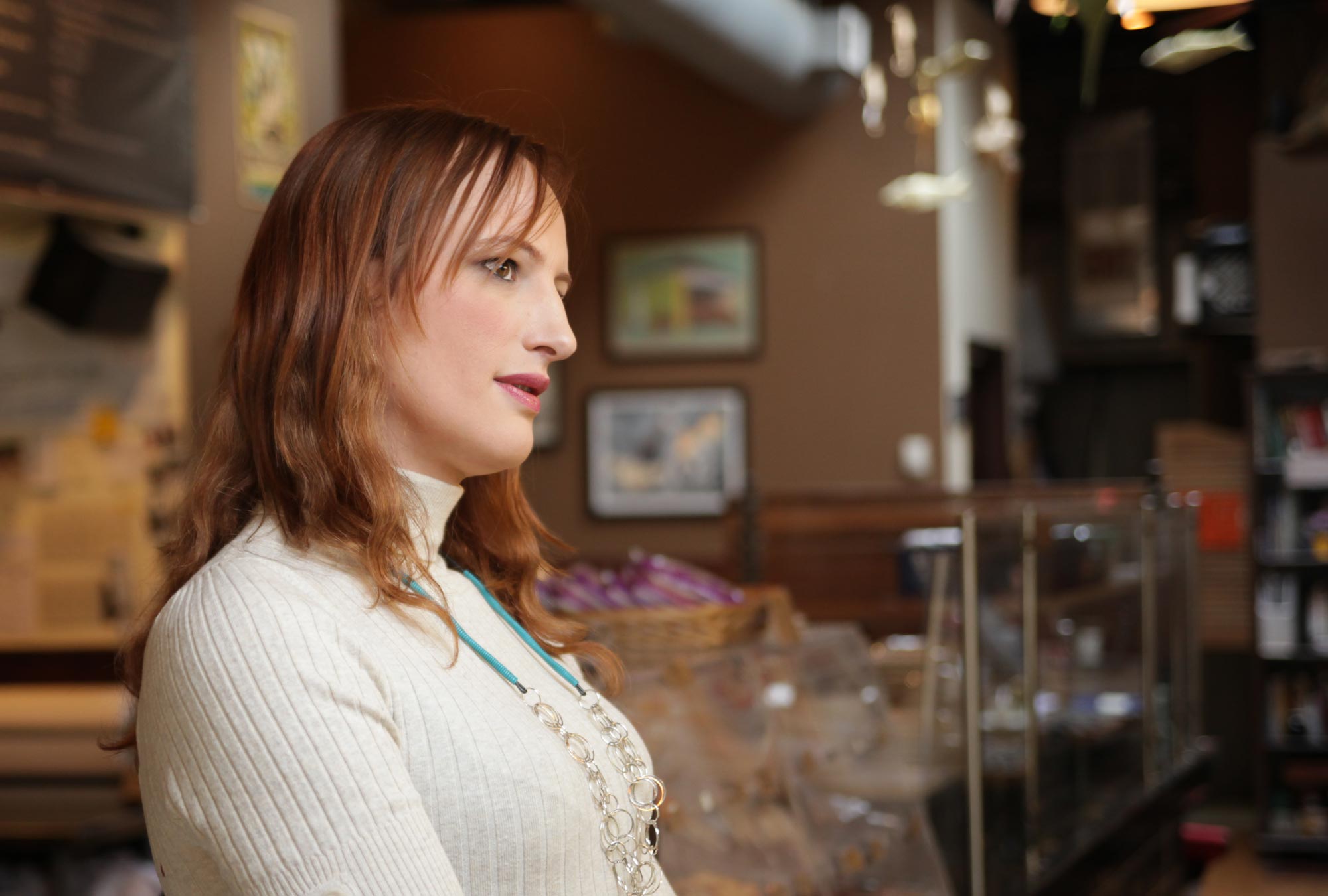
But the biggest project lately has been the Trans 100, which I launched last March. It’s basically a list of 100 trans activists doing work in the United States.
This is a big deal, because the most well known event in the trans community takes place in November every year. It’s called the Transgender Day of Remembrance. People gather throughout the country, and they read aloud the names of all the known murdered trans people in the last year, and it’s usually several hundred names. It’s a very somber, disconcerting experience.
For that to be the defining moment of community building within our population is really depressing. So what I wanted to do was to set up something that is about celebrating those who are living and actually doing the work in the community.

We launched that last year. There were more people from Chicago on the list than from any other city: Trisha Holloway, who works with the Howard Brown Health Center; Channyn Parker, who’s at the TransLife Center at Chicago House; Nino Dorenzo, who works at National Youth Pride Services; Christina Kahrl, who’s a sports reporter for ESPN; Ellie June Navidson, who’s an activist and writer; Rebecca Kling, who’s a performance artist. There’s a huge range of people here in Chicago doing some really incredible work, and a whole generation of us now who realize that unless we stand up and make ourselves known, the violence that happens, against younger trans people especially, isn’t going to change.
What I want to do next is start a new organization to give out grants directly to trans individuals in order to help them create arts and media projects. For instance, if there’s a trans singer-songwriter who wants to record an album about their experience, we could give a grant to them. A filmmaker who wants to do a documentary about their experience, or a theater, to commission a trans playwright. Anything that’s created by trans people that honestly reflects their story, their issues, and their perspective.
I grew up with a very traditional family where boys did certain things and girls did different things, and those worlds weren’t supposed to overlap at all. I internalized that. I went into therapy several times, to try and get rid of [my trans identity]. I wanted to believe that I was just a cross-dresser. That this wasn’t real. All the stories I heard about being trans were so tragic, and I didn’t want that. I remember someone told me once flat-out, “Don’t consider transition unless your only other option is suicide.”
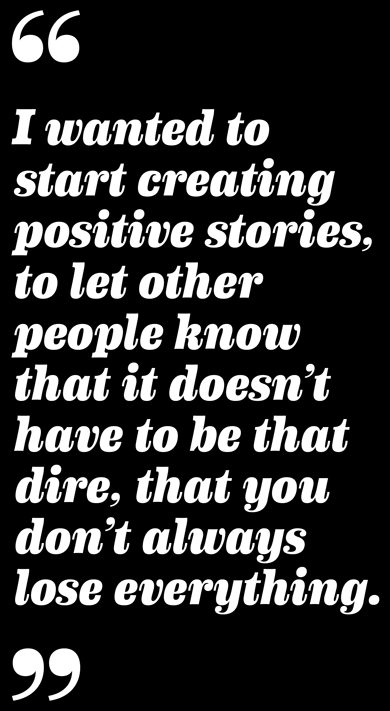
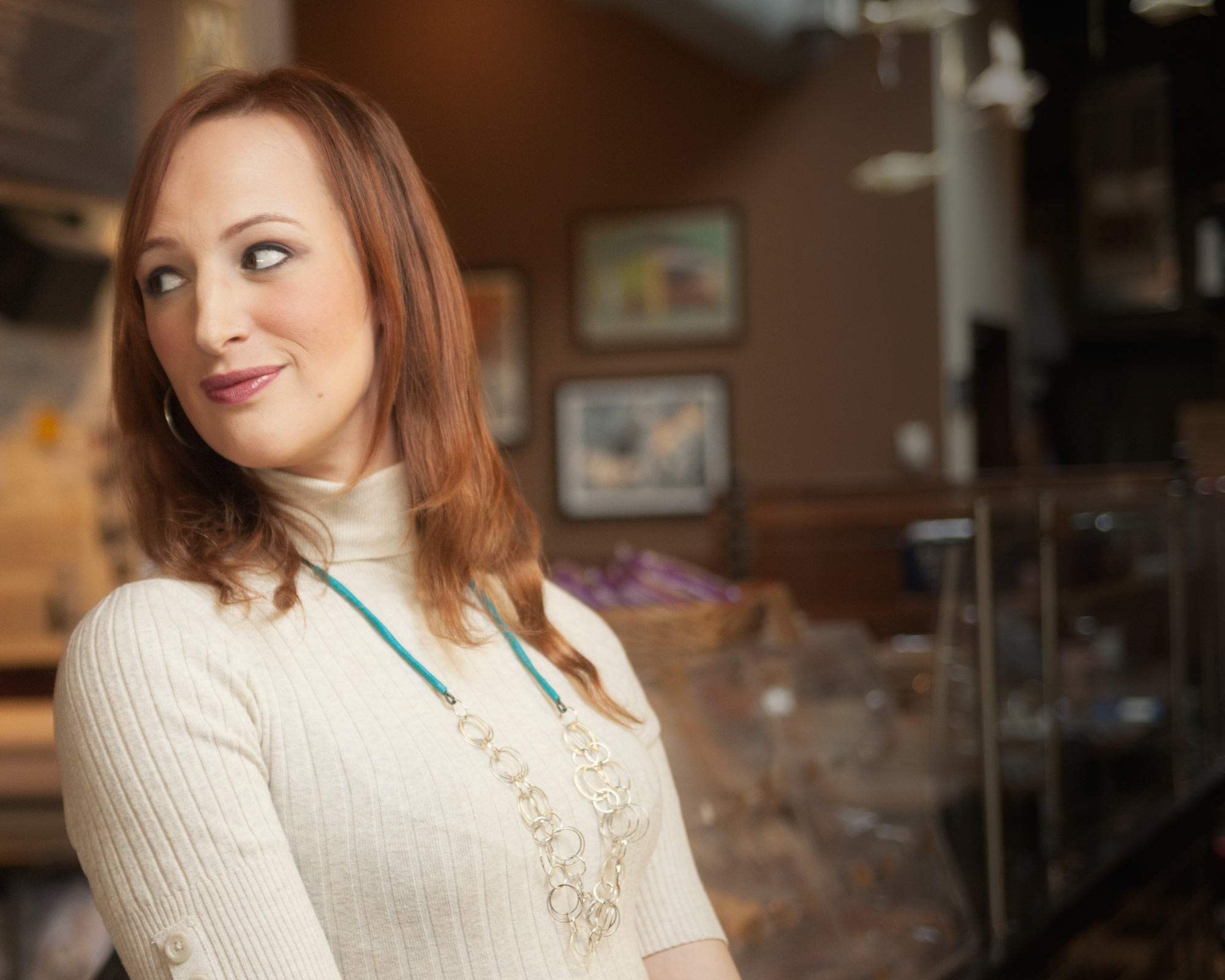
That was kind of the standard within the online communities, that it’s so awful— you’re going to lose your family, you’re going to lose your friends, you’ll lose your job, you’ll have to hide your past. And that’s part of the reason that once I did transition, and found that I was actually much happier, I wanted to start creating positive stories, to let other people know that it doesn’t have to be that dire, that you don’t always lose everything, and that if you do lose some things, we all encounter life changes for various reasons and ultimately it’s worth it. I wouldn’t trade the happiness I feel now for any of the things I’ve lost.
And I got very lucky with work. One of the biggest issues the community faces is employment discrimination. Gender expression is not currently protected. A person can be fired for being trans. What’s actually more common, though, is that they’ll just be pushed out.
Before I even started the process I went to Peter Nicholson, who was the chair of the board at Eighth Blackbird. I said, I don’t know yet but I might be transgender and I might want to go through this process. Will I still have a job? He very firmly and unequivocally stated that I would have my job and that I would have the full support of he and the rest of the staff and the board and the ensemble.

And when I started the process, I didn’t look like I do now. There was a long period where I looked neither male nor female. I was really concerned that I would alienate donors, or some of the more conservative foundations that we work with, or potential corporate sponsors, going into these meetings, representing Eighth Blackbird. I told this to Peter, and I’ll never forget that Peter said, if a foundation isn’t going to give us money because I’m trans, that’s not money we want.
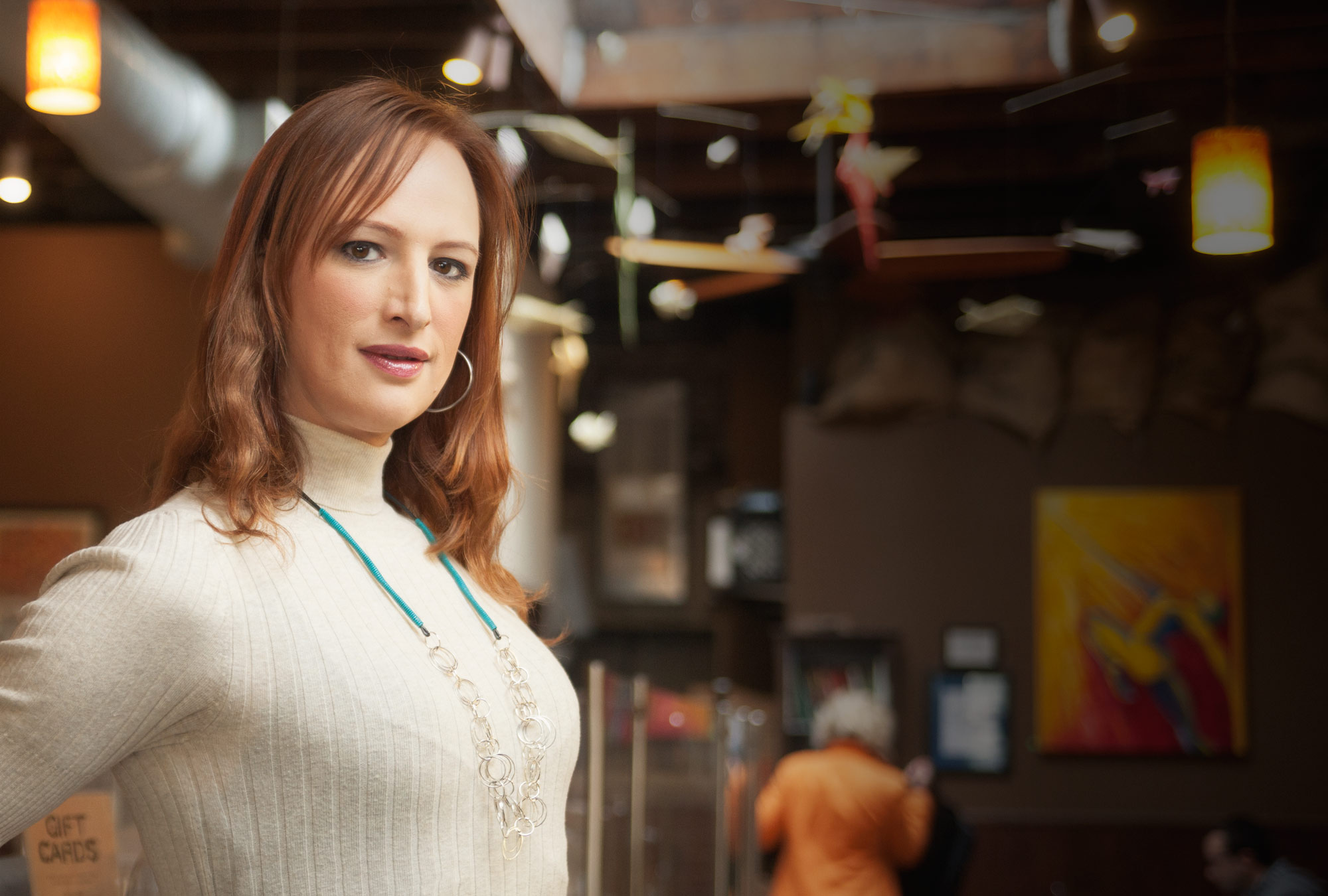
Several months ago I got an e-mail from an odd address, a long address that ended with .gov. It was an invitation. It said, “The president of the United States cordially invites you to attend a reception and celebration of LGBT Pride Month, at the White House.” I knew the Trans 100 would be a powerful resource, but I didn’t realize how far it had reached until I met the gentleman who had put the day together and had invited me and Toni D’orsay, who is the codirector of the Trans 100. He said, “We’ve been looking for a way to identify those who are active in their communities so we can talk to them about their issues. We’re using your list.”
There are a lot of promising developments.There are several TV shows in development right now about trans people, and there’s a pretty good chance that a major network is going to launch a reality show, here in Chicago, about trans women. We’ll see in the next year or two whether or not this increase in attention is framed in a way that helps or hurts our community. ●



